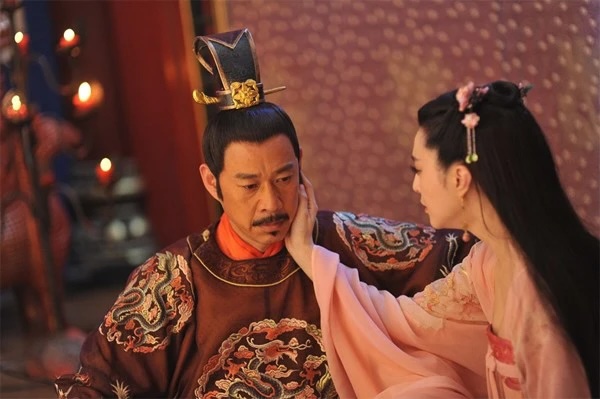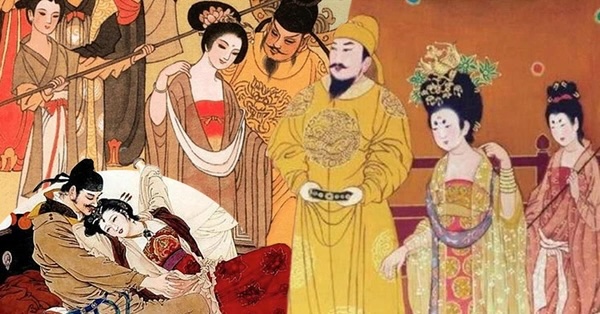In ancient times, it is often imagined that the Emperor always lived in luxury and had not only supreme power but also a harem full of beauties.
But the truth is little known that even the Emperor did not always have the freedom to choose; the decision of which concubine to be by his side on a given night was not always according to the Emperor’s will.
The question arises as to how concubines were chosen to serve the Emperor’s needs in the past? Each dynasty had its own rules, and for the Tang dynasty, it can be seen that the life of the Emperor was not as easy as people often think.
The most well-known system of selection is through the flipping of cards by the Emperor to choose the beauties, but in reality, this method only became truly popular during the Qing dynasty.
Compared to the selection methods of other dynasties, the Emperor of the Qing dynasty had more freedom. In Chinese history, there were still systems that caused a lot of pain for the Emperor and they couldn’t speak out.
Regardless of which dynasty it was, the struggle for power in the harem was always an integral part of the feudal court. To elevate their status and gain favor from the Emperor, being chosen for intimacy and hoping for pregnancy was the most precious opportunity for each concubine.
Cycle of Moon Selection

In the Chu dynasty, the kings established a complex system of selection, following the cycles of the moon.
As we know, the orbit of the moon changes from new moon to full moon and then wanes until the end of the month.
The selection rules in the Chu dynasty were determined based on the shape of the moon: the closer to the full moon, the higher the position of the chosen concubine.
When the moon is just a small crescent at the beginning of the month, the lowest-ranked concubines are chosen. And as the phases of the moon increase, until the perfect full moon, the Empress becomes the one who receives favor.
After the 15th day, when the moon starts to wane, the selection order continues in this cycle. This means that even the Emperor cannot decide freely which concubine to be intimate with each night but must follow the natural laws and cannot indulge any concubine if it goes against this rule.
Forced Selection of One Concubine for Many Years

Emperor Xuanzong of the Tang dynasty had no control over his personal life at night due to the control of Gaozong, the grand prime minister who held the real power. To ensure his granddaughter was the only one with a chance to become Empress, Gaozong employed various measures to restrict Emperor Xuanzong from getting close to other concubines, as he feared they could bear children and threaten the position of his granddaughter.
Although Gaozong exerted pressure and control over Emperor Xuanzong for 13 years, in the end, his granddaughter still could not have a child. Meanwhile, Emperor Xuanzong had to endure this uncomfortable situation.
Too Much Justice Turns into Suffering

Whether in the Chu dynasty, Han dynasty, or even the Qing dynasty, Emperors may not have desired but always had a companion at night. However, during the Tang dynasty, the Emperor could not decide this.
The selection system during the Tang dynasty also followed the moon cycle like the Chu dynasty, but in addition, the positions of the concubines were arranged more precisely and there were strict limits on the number. All concubines had the duty to serve the Emperor.
Due to the large number of concubines but limited days in a month and the need for division according to ranks, the consequence was that even the Empress had the opportunity to be intimate only about two days a month. So what about the lower-ranked concubines?
To maintain fairness in favoring concubines, lower-ranked concubines were arranged on the same day to meet the Emperor, while the Empress could have a private meeting.
This shows that the Emperor of the Tang dynasty faced considerable pressure due to the “workload” every night, but according to principles, they still had to ensure the maintenance of the royal lineage and create a fair condition among the concubines, in order to reduce conflicts and disputes in the harem, even though it may have made them feel tired.





































